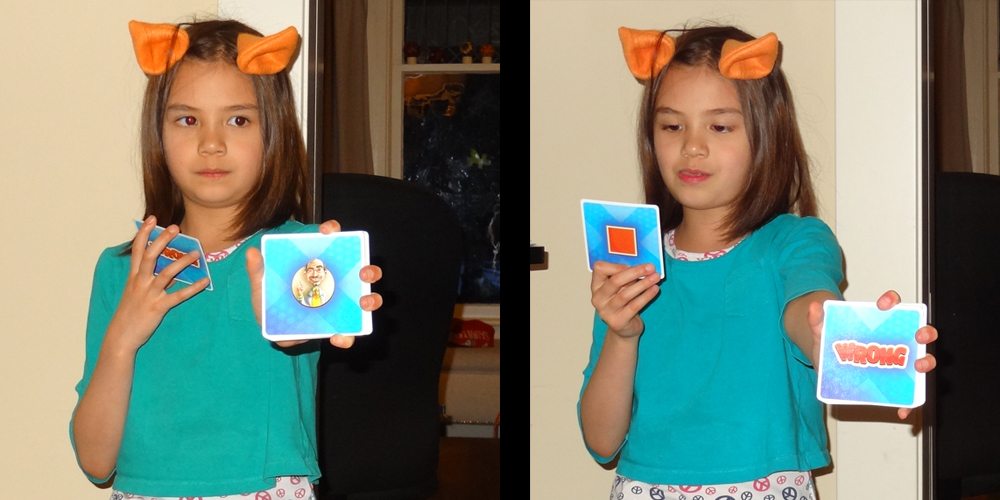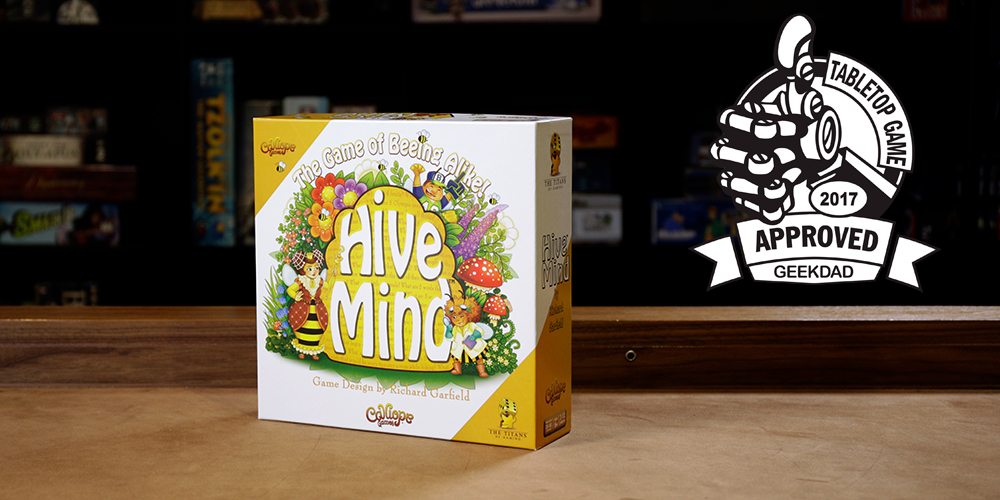Over on the UK GeekDad blog we’ve been thinking about how we can help our kids get more hands on with the tech, games and gadgets that we love. Mark Changizi just shared this story about how his daughter reinvented the game of chess as plastic animal chess…
Recently I sat down with my eight-year-old and taught her how to play the king of all games: chess. Soon afterwards however, she surprised me by reinventing the game from the ground up. At first I was a little perplexed at this controversial move, but I soon realized that there was a fundamentally good scientific principle at work here.
I remember playing chess with my father at the same age. The passing down of chess across generations seems timeless, and takes little note of nation or culture — my father learned chess from his bronze-maker father in 1940s Iran.
I was understandably touched when she came to me the next day wishing to play chess. “Of course!” I replied. “Great,” she said. “Here are the rules.”
She handed me a packet of papers, and at the top of the first she had written, “Plastic Animal Chess.” Below this was an enumeration of the kinds of pieces to be used (with blanks where we would record which plastic animals would be the stand-ins for each type), along with what each kind of piece does.
“This is complicated, Honey,” I wondered aloud, worried it would be far too difficult for her — and me. There were, by the end of her four hand-written pages, 10 distinct piece types and 18 pieces in all. “Chess only has six types, and it is already immensely difficult!” I said.
But more than my fright at the complexity of her game was another reaction, this one in my gut. Wasn’t there something mildly wrong about this new game of hers? Chess is a revered institution. What kind of heretic plays chess once and immediately presumes to do better?
I had no time to pursue these thoughts because I was already roped into playing, and had begun picking plastic animals for my team and arranging them into their initial positions on the board (which was the tiled floor of our sun room). At first the game was tedious, as we repeatedly looked up which kind of piece each animal was, and reminded ourselves of its power. But, to my surprise, within an hour we only rarely needed reminding, and it felt like we were playing a game — and I liked it.
Although inspired by her introduction to chess the day before, her game was fresh and creative — it was different in ways that an adult steeped in chess would be unlikely to trespass. There was a “doctor” piece who gives invulnerability to any adjacent piece; a “replacer” piece that, if landed upon, permits the team to trade an existing piece for a taken piece; and “civilian” pieces who have no power, but serve to impede movement.
So, on the one hand we have my daughter’s irreverence to a great institution (“bad girl!”). But on the other hand we have an innovation of her own (“good girl!”). And then it struck me: One of the keys to her inventiveness was her irreverence.
This kind of irreverence is exactly what I have been teaching for some years to my university students. In addition to testing and analyzing hypotheses, scientists must figure out how to get good novel hypotheses in the first place, and this is something that is rarely taught.
I have tried, as best as I can, to provide prescriptive advice to students for “big idea generation,” and at the top of my list is maintenance of an irreverence for the principles and principal figures in one’s field. If you’re not careful, I scold, you will become indoctrinated in the implicit assumptions of a scientific community, unable to see in certain intellectual directions. Better to remain aloof, so you are psychologically more able to be irreverent and more likely to make a revolutionary discovery.
Whereas we adults may have to be taught to be irreverent, intellectual irreverence comes naturally to kids, out of sheer ignorance. And although ignorance is generally a vice, for creativity it can be a virtue.
If you are in the UK check out GeekDad UK and get in touch with @GeekDadGamer with thoughts, ideas and suggestions.




